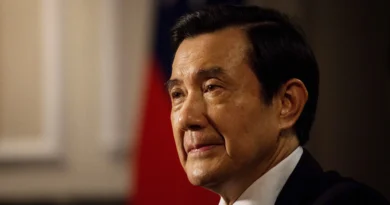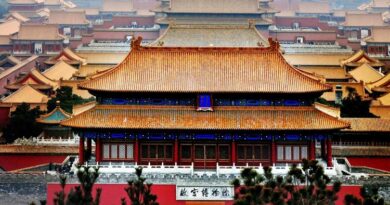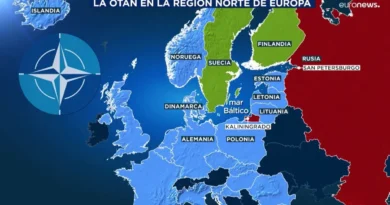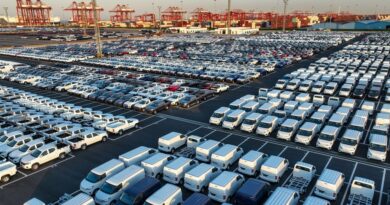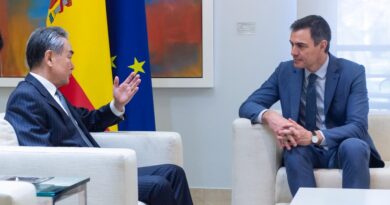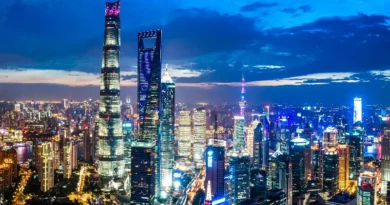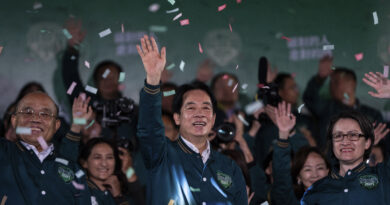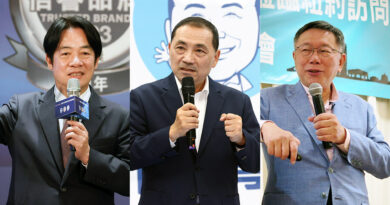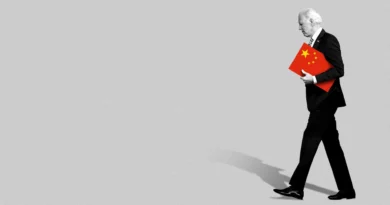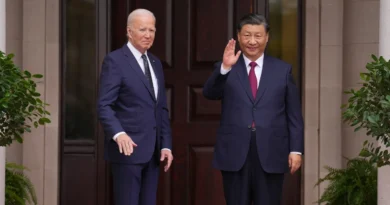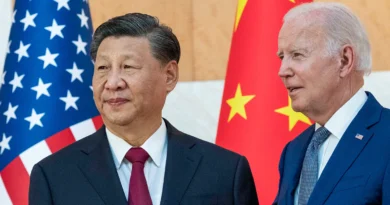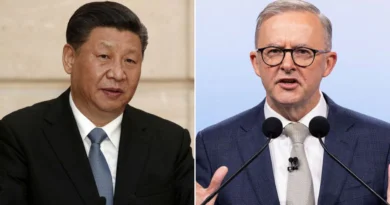The road to Ma Ying-jeou's house
XULIO RIOS
Ma Ying-jeou's trip to mainland China takes place just over a month after the inauguration of Lai Ching-te, who will take over from Tsai Ing-wen on May 20, and in a context marked by the reaffirmation of the two paths that define the Taiwanese crossroads: irreducible hostility towards an independence movement without a majority on the island, but with notable international support and, alternatively, the establishment of bridges that help preserve and develop the ties between Beijing and Taipei with the perspective of peaceful reunification.

